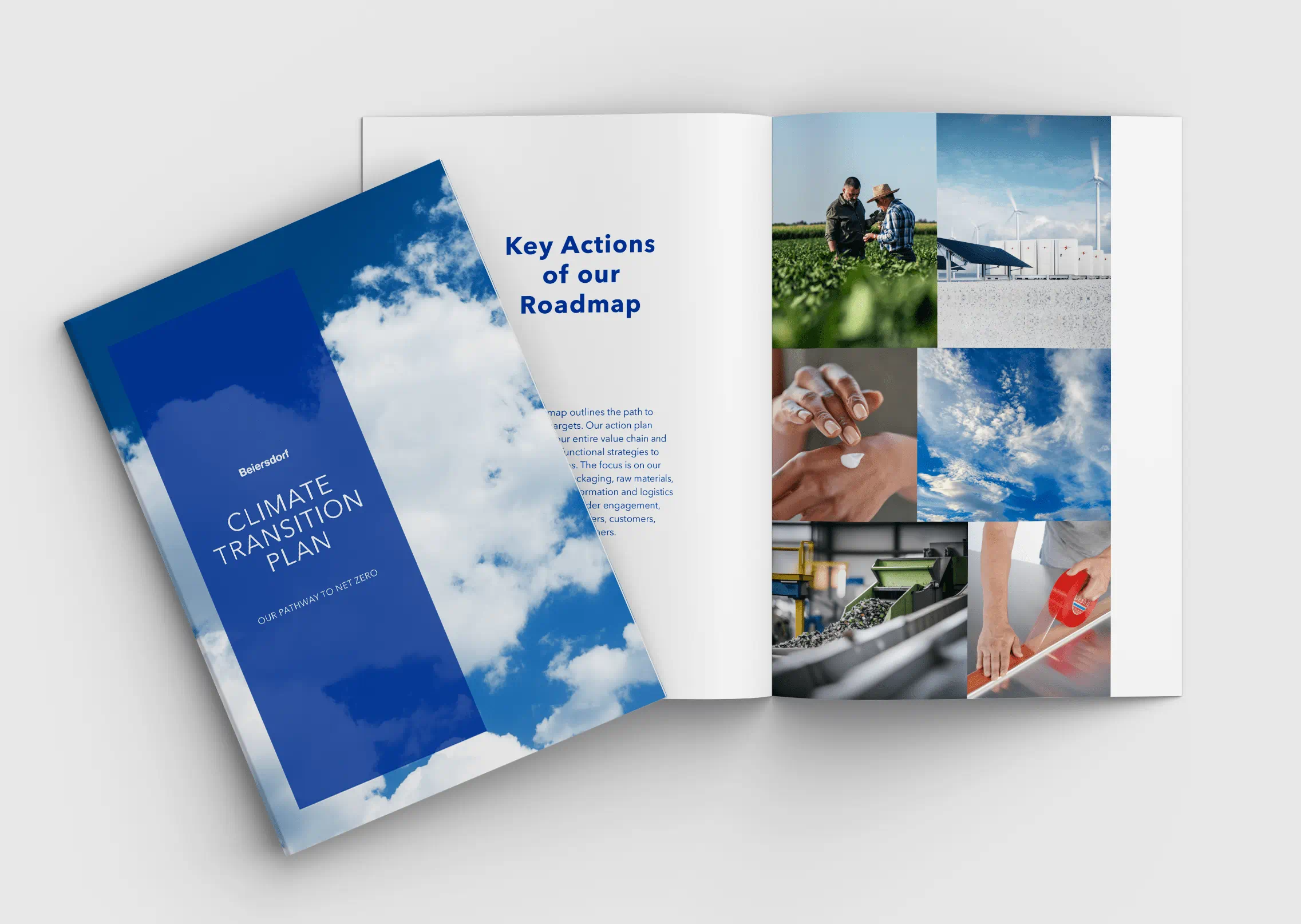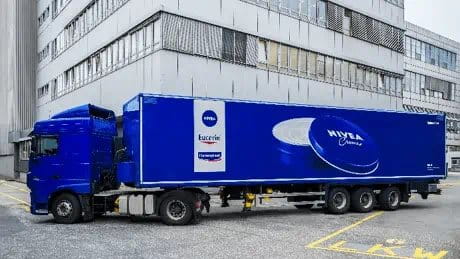At Beiersdorf, we know that combatting climate crisis is the central challenge of our time. To drive climate action protection at all levels within the company and our value chain, we pursue a holistic approach with our mission: We bring climate commitment to skin care.
Bringing our commitment to the next level, we have set the target of net zero emissions by 2045. As we have already met our Scope 1 & 2 target for 2025 (a reduction of 19% absolute CO2e emissions was achieved), we have also updated our short-term climate target in this context, to reducing our absolute Scope 1 and Scope 2 emissions by 70% and absolute Scope 3 GHG emissions by 40% (vs. 2018) by the year of 2032.
By 2045, we want to reduce absolute Scope 1, 2 and 3 emissions by 90% absolute (vs. 2018)







